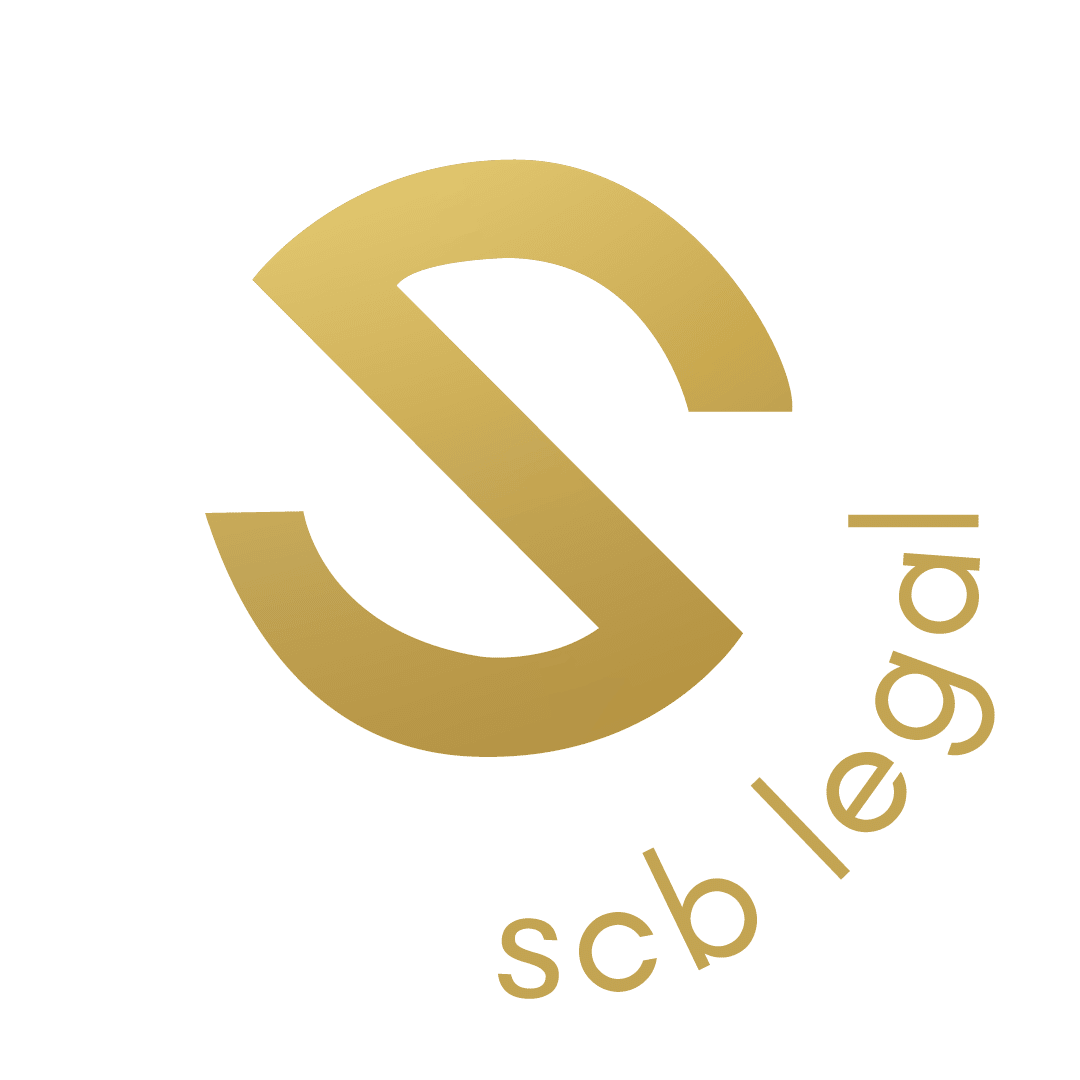Table of Contents
Debt recovery is one of those topics you wish you didn’t have to Google. No business owner wants unpaid invoices. However, this is a problem that many experience and it’s challenging knowing what to do, so that you’re paid for completed work.
What should you do when a client or customer simply doesn’t pay the money you’re owed?
It’s difficult enough calling and emailing repeatedly (hoping this was an oversight) only to discover that it is merely the beginning of your unenviable predicament.
There are many questions pertaining to the process one must follow, in order to recoup outstanding monies.
Questions Regarding Commercial Debt Recovery Include:
- What is the process for recovering unpaid invoices?
- Can I recoup money owed without going to court?
- Do I need a lawyer to assist me?
- What does a debt collection agency do?
- Are there preventative measures I can implement to prevent this occurring again in the future?
Individuals and companies most at risk for unpaid invoices
- Small Businesses
- Freelance Consultants
Small Business Debt Recovery
Small businesses are prime targets for invoices being left unpaid. Unlike a large business with a dedicated accounting department, small business owners often manage their accounts themselves or use a bookkeeper on occasion. This makes it exceedingly difficult to monitor and manage invoices, as well as outlay ongoing fees for an accountant.
Additionally, while an accountant or bookkeeper is equipped to ‘balance your checkbook’, trying to recover money that’s unpaid is an entirely different matter.
When you’re a small business, any unpaid amount is felt that much more acutely. If you don’t have the resources to constantly spend time chasing non-payment of invoices, the thought of recouping outstanding amounts becomes far more arduous.
The pivotal question, is what can you do as a small business owner? The Australian government explores this issue in the following article entitled “what to do when you haven’t been paid”.
Clients and customers refusing to pay for completed work is a strain, both financially and emotionally. Business News Daily raised an important issue highlighting that an, “unpaid invoice can hurt your business”. This is why it’s imperative to take action if you want to be paid.
One of the aspects that makes this situation onerous is that as a small business you want to retain good client relationships. Attempting to recover unpaid bills is a fast way to jeopardise a once, good client relationship. However, is a client who does not pay really worth having? It’s a far better strategy to develop new client relationships, leading to successful payments than wasting copious amounts of time chasing invoices.
Debt Recovery Steps Practiced In Australia
Are you aware that there is a specific legal process that must be upheld? Being correct in this scenario is simply not enough to ensure you receive the money that is owed.
Many argue that the Law seems to better protect the person or company that owes you money rather than you, a victim of outstanding debt. Australian Law states that you must prove you have acted in accordance with the debt recovery procedure. The ACCC (Australian Competition and Consumer Commission) outlines obligations in the following debt collection paper.
Read the following Legal Vision publication to better understand the debt recovery steps. This terrific resource explains the debt recovery process in NSW.
What should a business do when communication attempts fail?
If your efforts to communicate with the other party has failed, the next step in the process is to send a Letter of Demand.
Letter of Demand and Why a Lawyer is Helpful
A Letter of Demand refers to legal document that formally asks for payment to be made. This letter must be structured in a certain manner and it’s recommended that you engage a lawyer to draft a formal letter of demand.
Additionally, and given the fact that you have to take the process to this next stage, suggests that a more authoritative solution is required. Besides the letter adhering to the structure and content required, this formal request is more meaningful when signed and sent by a lawyer. While it’s frustrating to think that you have to spend money paying a lawyer to prepare the formal request, it’s better than the alternative.
It’s also important to remember that a swift resolution is what you’re seeking. Each moment spent trying to recoup money, is in fact costing you more money, due to taking time away from your actual job.
What can I do if a demand letter is unsuccessful?
If you have to proceed further in order to recoup monies owed to you, the small claims court is a route that many people explore. The following Arts Law information sheets explain this process comprehensively and clearly. While you might think that the information only pertains to artists, their information sheet about small claims procedure in NSW, is a useful tool. To avoid the need for debt recovery in the future, the following outlines some useful tips.
Debt Recovery Solutions: How to Prevent Clients’ Non-payment
- Develop a letter of engagement, which is a legally binding contract between a business and client. It outlines the agreed upon terms and best safeguards against unpaid fees
- Maintain great accounting practices
- Record the date, mode of communication and summary of your efforts to inform clients about overdue accounts
- Be methodical
- Include the time in which payment is expected on your invoices together with a short sentence explaining the penalty fees for late payments
- Engage a lawyer to prepare agreements before accepting a job
We love hearing from our readers and invite you to share your business experiences with us.

